No parole for Colin Pitchfork: First killer caught by DNA
- Published
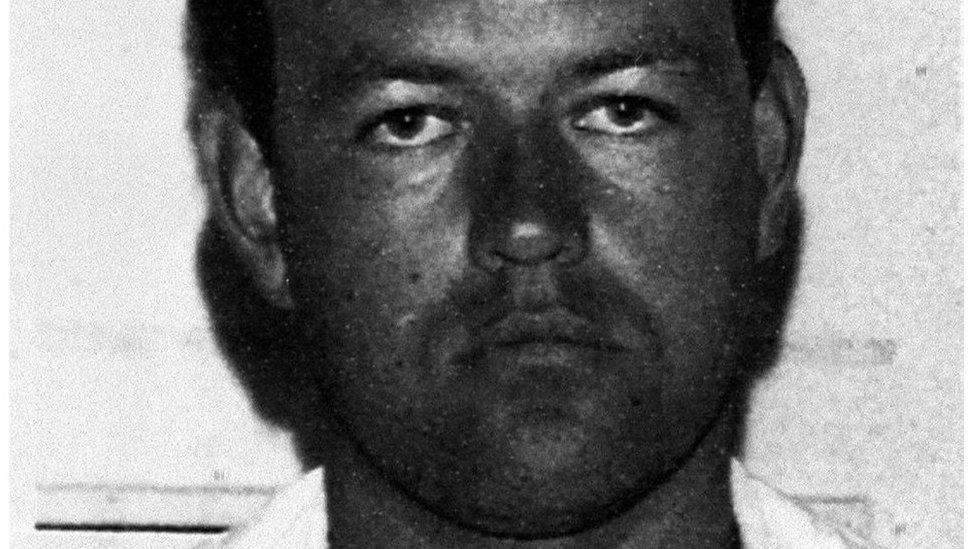
Colin Pitchfork was given a life sentence in 1988 for the rape and murder of two 15-year-old girls
A child killer who became the first person in the world to be convicted using DNA evidence has been refused parole - but recommended for transfer to an open prison.
Colin Pitchfork was given a life sentence in 1988 for the rape and murder of 15-year-old Lynda Mann and Dawn Ashworth in Leicestershire.
Both victims' families opposed his release.
Barbara Ashworth, Dawn's mother, said "life should mean life".
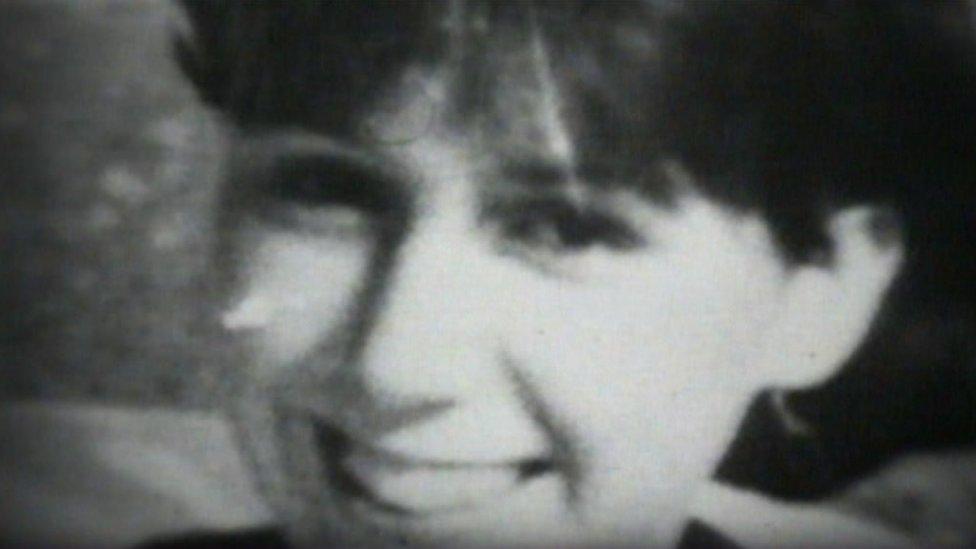
The sister of Lynda Mann, who was just 15 years old when she was raped and murdered, started a petition demanding Pitchfork is never released
His case was referred to the Parole Board to review his suitability for release.
A spokeswoman said: "We can confirm that a three-member panel of the Parole Board has not directed the release of Colin Pitchfork but has recommended to the Ministry of Justice that he is suitable for a move to open conditions.
"It is up to the Ministry of Justice whether or not to accept this recommendation. We are unable to comment further on the details of this case."
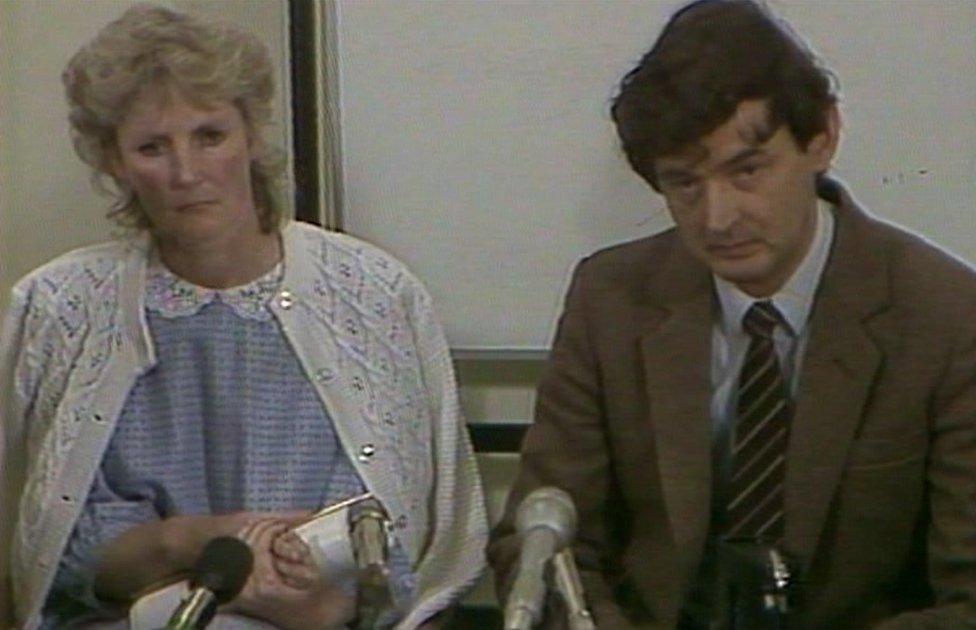
Dawn Ashworth's mother Barbara Ashworth, pictured here in the 1980s, said "life should mean life"
Ms Ashworth said she was concerned Pitchfork could harm a member of the public if allowed out of open prison on temporary release.
"It's a process whereby he's released more gradually and gradually into the community again," she told BBC Radio Leicester.
"I would far sooner he was still in prison where I consider he belongs.
"I would go down on bended knees to the secretary of state for justice and just beg them not to let this man out again, because we don't know what he's capable of."

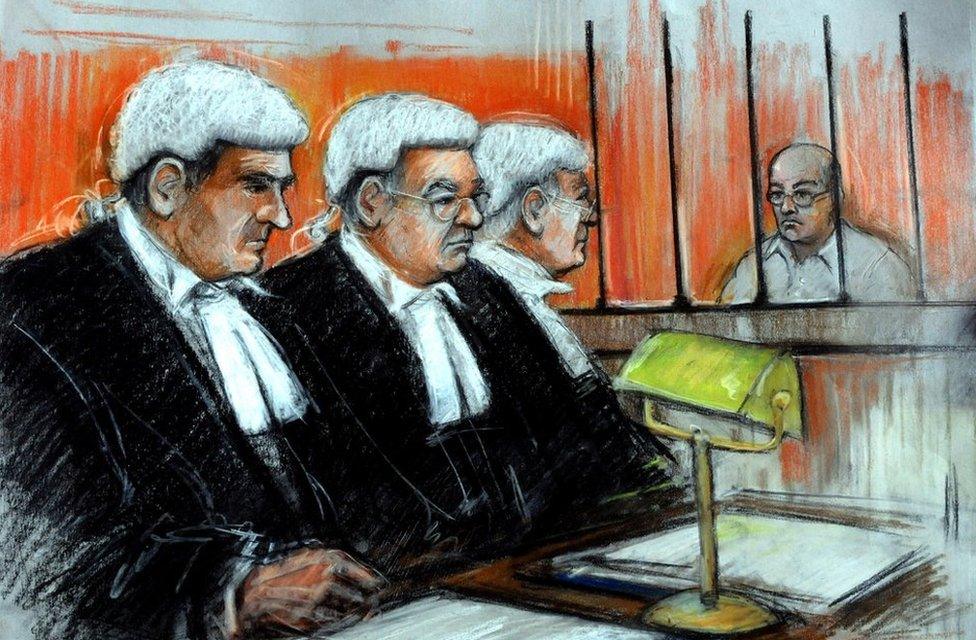
Colin Pitchfork's minimum term was reduced from 30 years to 28 years at the Court of Appeal in 2009
Danny Shaw, BBC Home Affairs correspondent
The judge who sentenced Pitchfork described him as "a danger to young women" whose crimes were of a "particularly sadistic kind".
He was given a life sentence with a minimum term of 30 years, but in 2009 the Court of Appeal reduced the minimum term to 28 years to take into account the "exceptional progress" Pitchfork had made in custody.
The court said the former baker had sought to address the reasons for his offending, achieved "a high standard of education, to degree level", never been placed "on report" while in custody and was "trusted to help with the well-being" of fellow inmates.
It added that Pitchfork, who's now 55, had become a specialist in transcribing printed music into Braille, work which was used across the UK and internationally.
Once a life sentence prisoner's minimum term has been served, they are eligible to be considered for release by the Parole Board.
The Parole Board is not legally permitted to consider whether the prisoner has been punished enough, instead it must focus solely on how dangerous the prisoner is.

Rebecca Eastwood, Lynda Mann's sister, started a petition demanding Pitchfork is never released.
It gathered 19,222 supporters, external and was submitted to the Parole Board before the hearing to consider his case.

Colin Pitchfork: Two brutal murders
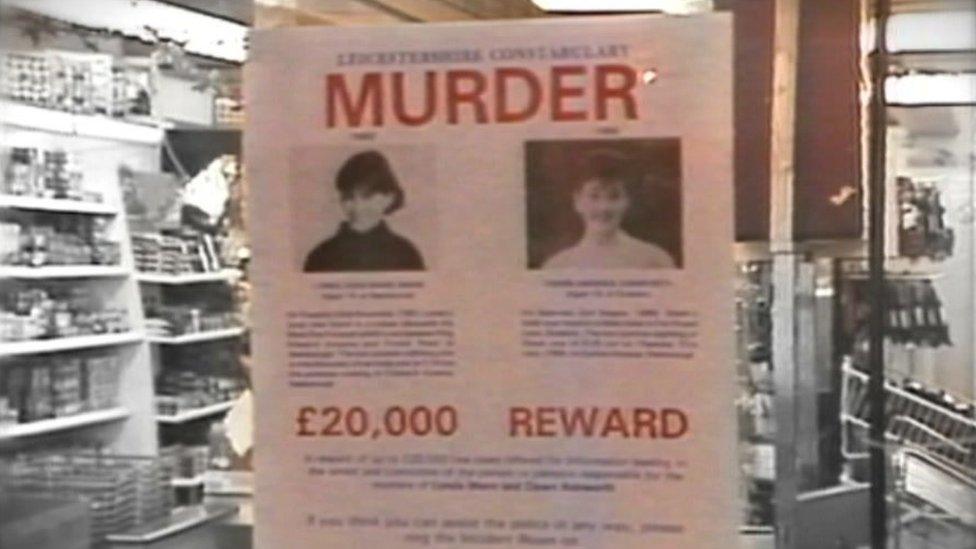
Colin Pitchfork raped and strangled both of his victims
Colin Pitchfork, 22 at the time of the first murder, was married with two sons. He was a baker who grew up in rural Leicestershire and lived in Littlethorpe
In November 1983 he left his baby son sleeping in the back of his car and raped and strangled 15-year-old Lynda Mann with her own scarf in Narborough. He then drove home and put his son to bed
Three years later, less than a mile from where Lynda died, he raped and murdered Dawn Ashworth, also 15, of Enderby. The pathologist who examined her body described it as a "brutal sexual assault"
A police investigation initially led to the wrong man, Richard Buckland, a local 17-year-old who falsely confessed to one of the killings. After an unprecedented mass screening of 5,000 men using pioneering "DNA profiling" technology, Pitchfork was eventually caught. At first, Pitchfork had evaded justice by persuading a colleague to take the test for him
He pleaded guilty to both murders in September 1987 and was sentenced to life in January 1988. The judge said the killings were "particularly sadistic" and he doubted Pitchfork would ever be released
In 2009, his 30-year life tariff was reduced by two years, external for "exceptional progress" - a decision that was strongly criticised by the families of his victims

- Published22 April 2016

- Published6 September 2015
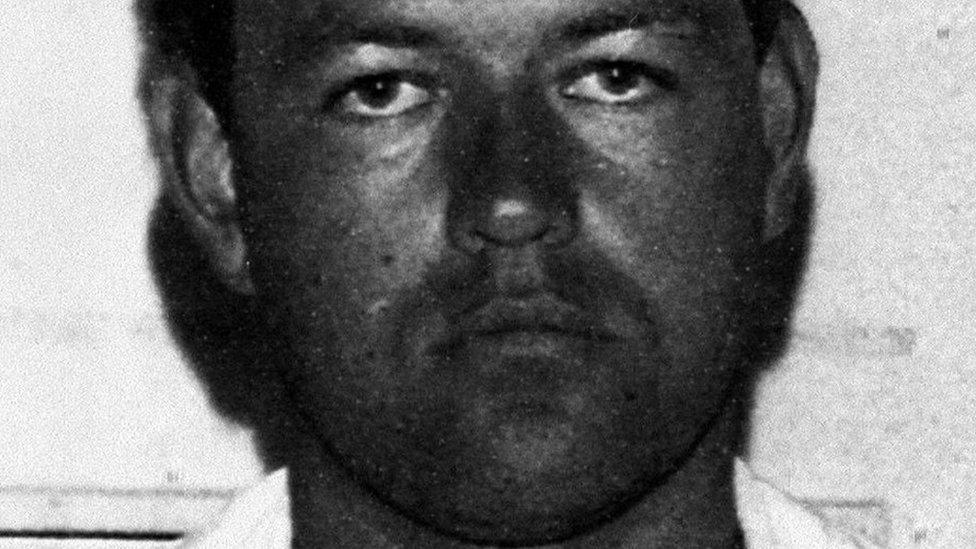
- Published26 May 2015
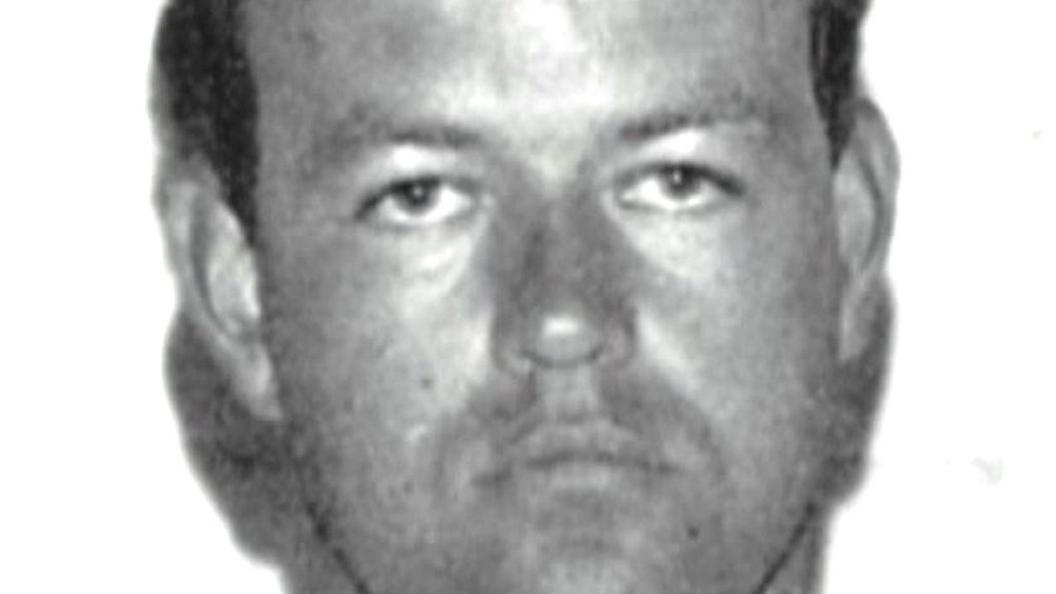
- Published1 May 2015
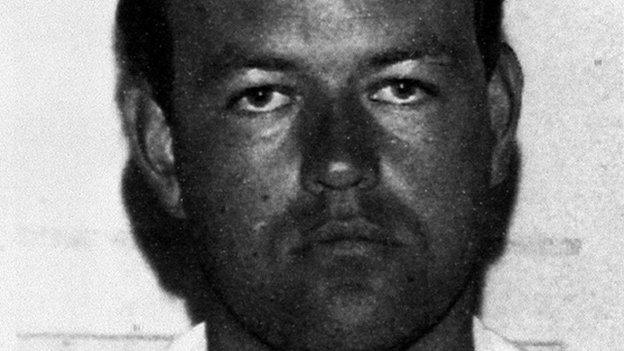
- Published27 April 2015
